Expect to have stable employment
Despite failing to achieve the expected results in the national college entrance exam (gaokao) in June, Lu Jie was admitted to a little-known engineering university in central China's Hunan province to study computer science and technology.
“At top schools, there are too many people applying for this major, so I was forced to choose a lower school to pursue the major I wanted,” Lu shared.
The gaokao is seen as a turning point in determining one’s future, and this year many students like Lu are prioritizing majors that are easy to get into instead of trying to get into prestigious universities. The desire for immediate, stable employment is overriding long-term dreams or personal preferences.
Hot industry fever overwhelms university reputation
This shift is driven by an oversupply of graduates, making job competition fierce in a difficult economic context.
Lu Jie said that computer science was already a “hot” field, but it has become even more attractive thanks to the explosion of artificial intelligence (AI) - a field that is expected to create many new jobs. “Although the training quality at my school may not be outstanding, this field is still very competitive because there are so many people applying,” Lu said.

Bachelor of Arts degree from the University of Political Science and Law in Beijing. (Photo: XINHUA)
Emerging universities such as Greater Bay University (training professionals in technology and business, in line with the development of the Greater Bay Area) and Fuyao University of Technology have capitalized on this trend to attract students, emphasizing the “guaranteed output” factor in their initial recruitment campaigns. These schools set benchmarks equivalent to those of prestigious universities and quickly attracted great interest from applicants.
On the contrary, according to SCMP, some top universities such as Peking University are having difficulty recruiting students in some humanities majors such as philosophy. Last week, Hubei province had to open additional admissions for some majors at Peking University due to a lack of applicants.
Parents "orient", students follow job trends
Cindy Cheng, a parent in Wuhan, said she had directed her son to study electrical engineering, even though she had to “lower the bar” to choose a lower-ranking school. “We prioritize employability. New engineering majors are in great need,” she said.
In WeChat groups for parents of 12th graders, the topic of post-graduation employment is a top concern. Many parents are also worried about whether universities have a clear path to graduate school, as they believe that a bachelor’s degree is no longer enough of a “guarantee” for a good job.
“About 70-80% of application forms are filled out by parents, often without regard to their children's interests,” said Xiong Bingqi, from the 21st Century Education Research Institute.
Experts warn: Don't choose a major just because it's "safe"
“Increasing employment pressure is causing many students and parents to blindly pursue ‘hot’ majors, leading to short-term and pragmatic thinking,” warned Xiong Bingqi, director of the 21st Century Education Research Institute in Beijing.
With the number of university graduates hitting a record 12.22 million this year, while private businesses - the largest employer - are cutting budgets and staff, competition for jobs is becoming increasingly fierce.
“Success after graduation comes from passion and long-term perseverance. If you have the ability and love your chosen field, you will find a job – even if it is not the hottest industry,” Mr. Xiong advised.
According to data from the National Bureau of Statistics of China, the urban unemployment rate in June 2025 for the 16-24 year old group (excluding students) was 14.5%, and that for the 25-29 year old group was 6.7%.
The agency's July report also warned that weak domestic demand and external uncertainties continued to weigh on employment - particularly for young people and vulnerable occupations.
Amid economic difficulties and high unemployment rates, young Chinese are increasingly choosing majors that offer stable career opportunities rather than pursuing majors at prestigious universities that are “poor in terms of output.” This is a noteworthy signal for policymakers and parents in shaping the future of the younger generation.
Related Posts:
The pain of unemployed graduates labeled 'spoiled children' in China
How do Chinese youth cope with unemployment?
Source: https://vtcnews.vn/vi-sao-nhieu-thi-sinh-chon-nganh-hot-tai-dai-hoc-nho-thay-vi-co-vao-truong-top-ar957142.html






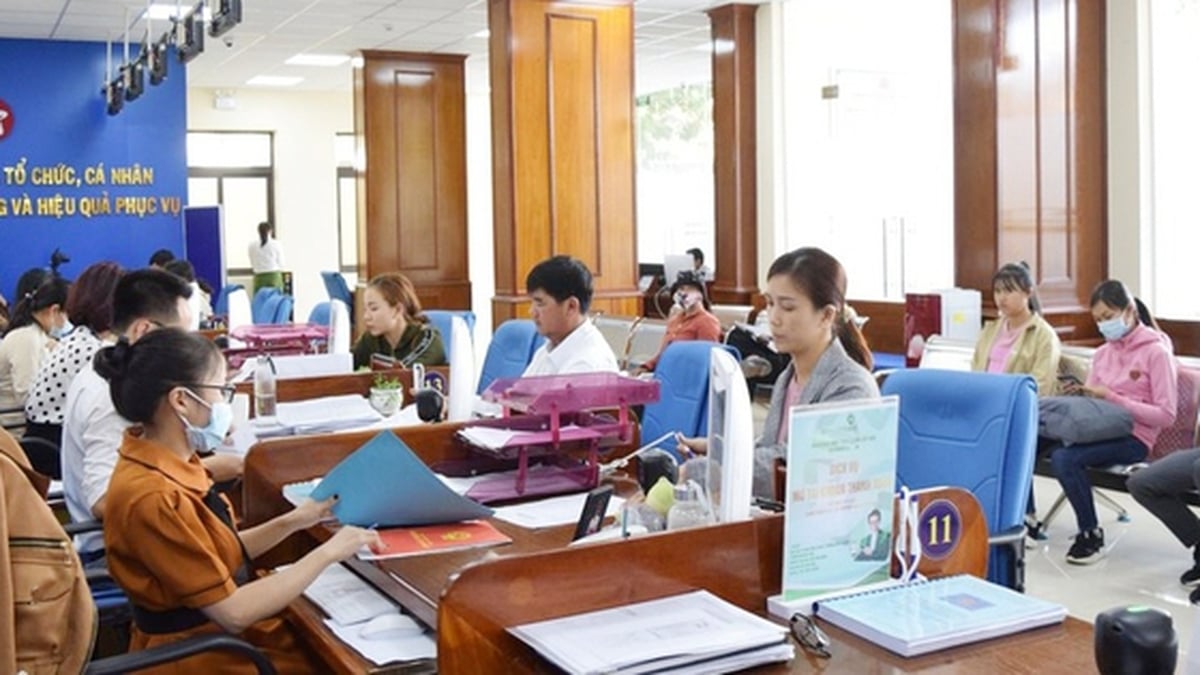





















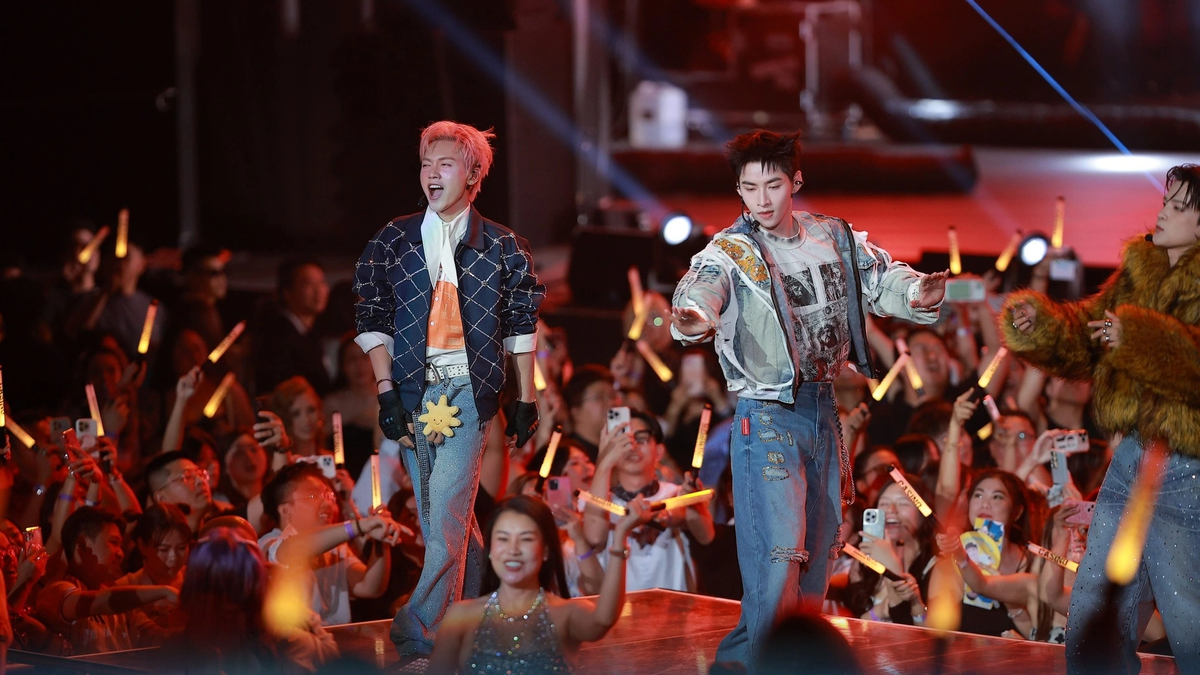

























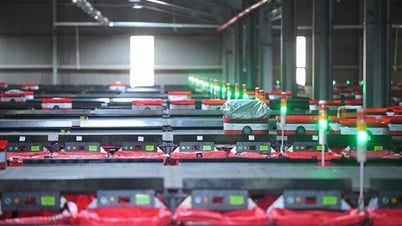









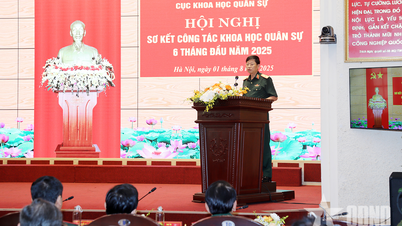

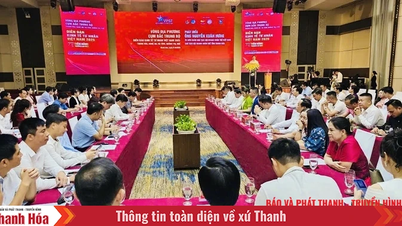



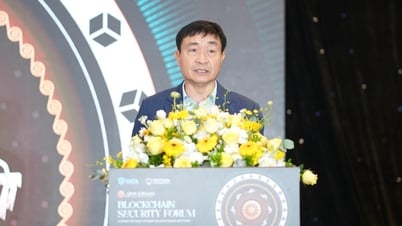
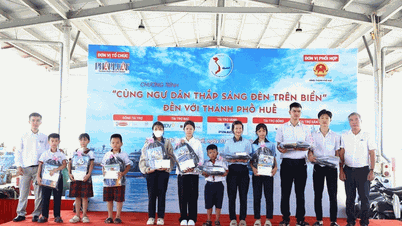































Comment (0)